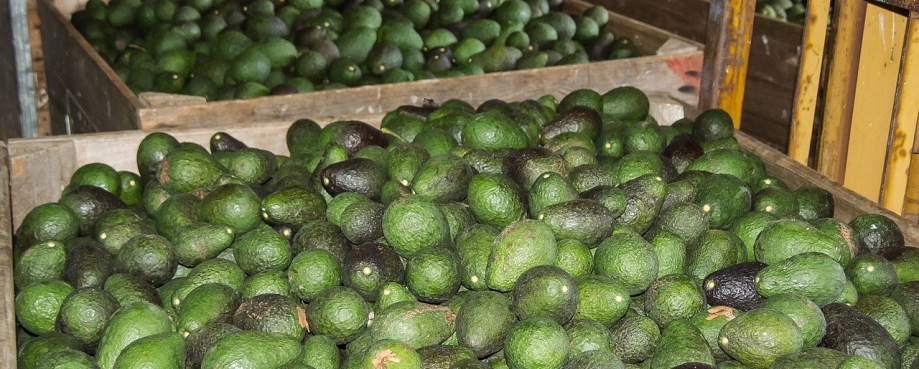
ETI Acknowledges progress and calls for continued engagement and monitoring of improvements.
In October 2020 ETI called on the Kenyan avocado producing company Kakuzi and its UK parent company Camellia to engage with Leigh Day, a human rights law firm, on a credible and meaningful way forward to address allegations of worker abuse. We are pleased to note that an agreement was reached in February this year.
This settlement respects the rights for remediation, by providing financial compensation to the victims concerned, and the need for improved operations grievance mechanisms, to address future concerns from workers. It also sets out improvements at farm level to reduce the chance of future harm to workers. It is only through meaningful engagement of parties to a dispute that solutions can be found and improvements made, that not only benefit the workers concerned, but help strengthen the business and reduce the likelihood of future abuses.
We are pleased to see that Kakuzi itself has updated its plans on external engagement and industrial relations, but recognise that these will take time to fully implement. It is our experience that the process of developing the trust and culture that is needed to provide a decent workplace for all, will require work over a period of months if not years. We repeat our call for Kakuzi to establish and share credible criteria for measuring progress, clear timelines, and a commitment to openness and transparency. We also reiterate our recommendation that credible local experts provide support and are able to independently verify progress.
We encourage ETI member companies that have a trading history with Kakuzi to maintain a constructive dialogue with the company and to work with others to ensure the independent validation of reported progress. In this way, remedy can be assured and trust can be rebuilt.
We know how valuable the horticulture export sector is to Kenya and to those whose livelihoods depend on it. We hope that by addressing the legitimate concerns of workers, by building better relationships and stronger working practices, that Kakuzi can go from strength to strength, based on decent working conditions and a safe work environment. We commend those who have made this agreement possible and urge them to ensure continued progress and transparency for all concerned.

